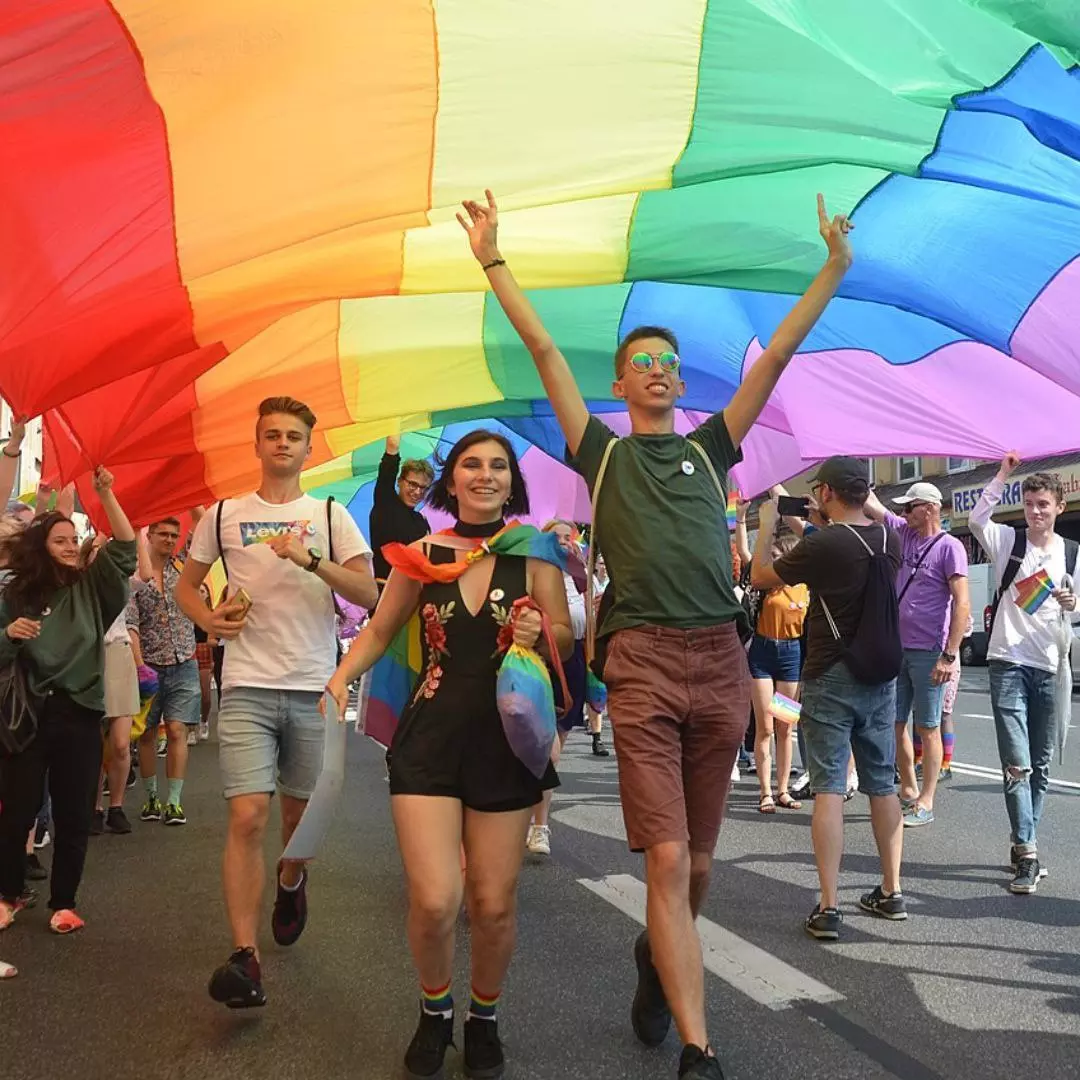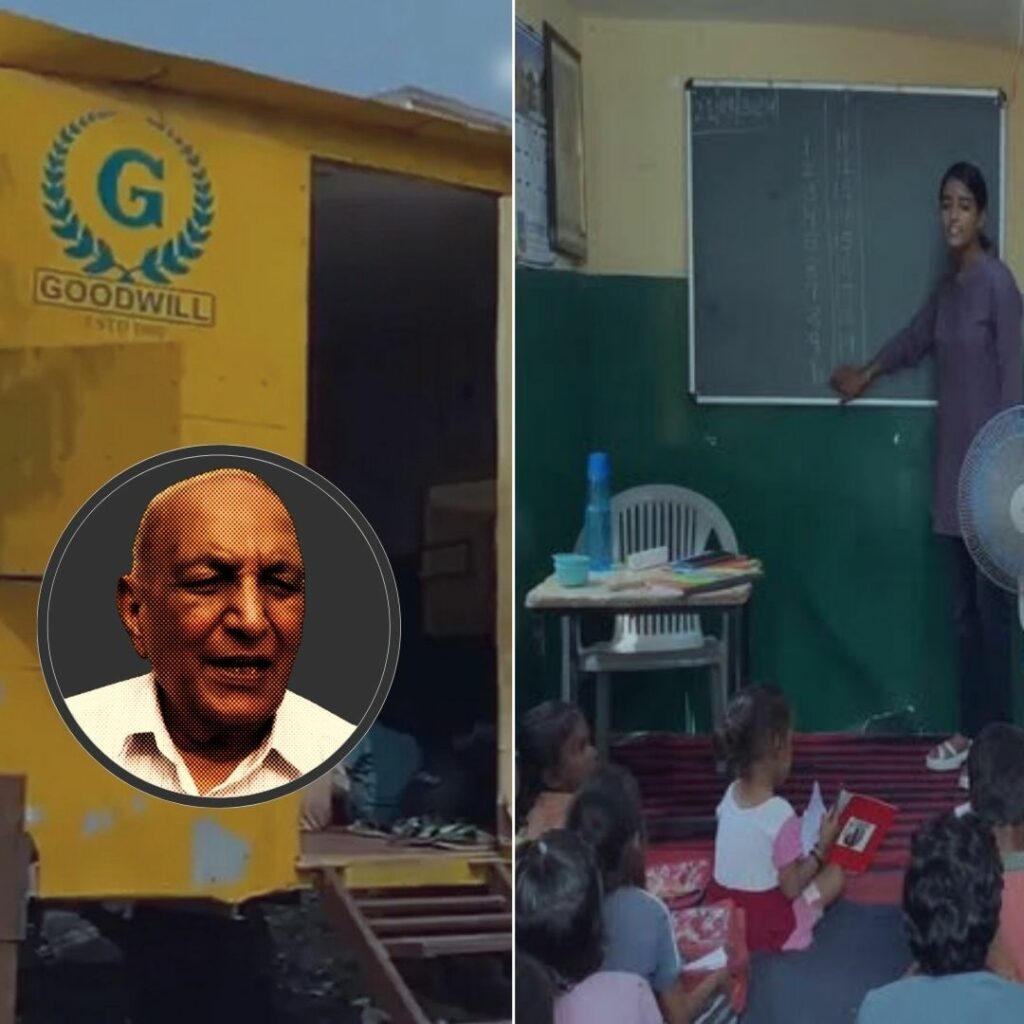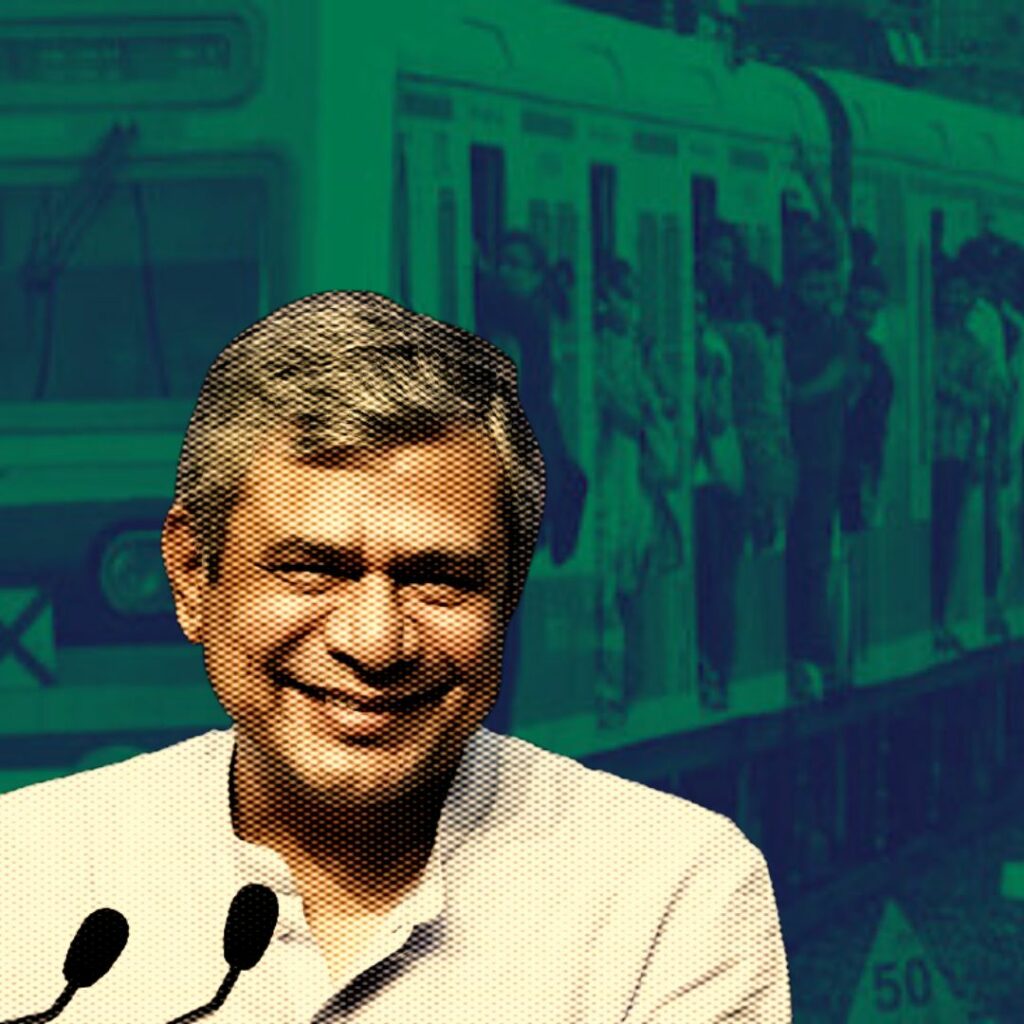In a significant legal decision, the Supreme Court of India upheld the adoption regulations set forth by the Central Adoption Resource Authority (CARA), which place restrictions on same-sex couples from adopting children. The verdict was delivered on Tuesday, with a majority bench of three judges in favor of these regulations, while two judges dissented.
The 3:2 verdict was reached with the following justices on the majority side: Justices Sanjay Kishan Kaul, S Ravindra Bhat, PS Narasimha, and Hima Kohli. They expressed their disapproval of allowing adoption by unmarried and queer couples.
However, Chief Justice of India (CJI) Chandrachud and Justice Kaul acknowledged adoption as a legal right for queer couples. CJI Chandrachud also noted that it was incorrect to assume that only heterosexual couples can be good parents.
On the other hand, Justice S Ravindra Bhat, Justice PS Narasimha, and Justice Hima Kohli dissented from this view.
“Juvenile Justice (Care and Protection of Children) Act does not preclude unmarried couples from adopting. The Union of India has not proved that precluding unmarried couples from adopting is in the best interest of the child. So CARA has exceeded its authority in barring unmarried couples. Differentia between married couples and unmarried couples has no reasonable nexus with the objective of CARA – the best interests of the child,” Justice Chandrachud said as per a report in News18
Justice Chandrachud criticized Regulation 5(3) of CARA, stating that it violated Article 15 of the Constitution of India. He argued that the Juvenile Justice (Care and Protection of Children) Act did not prohibit unmarried couples from adopting, and the Union of India had failed to demonstrate that excluding unmarried couples was in the best interest of the child. CJI Chandrachud pointed out that the differentiation between married and unmarried couples lacked a reasonable nexus with CARA’s objective, which is the welfare of the child.
CJI Chandrachud further emphasized that the law cannot assume that only heterosexual couples can be good parents, as it would amount to discrimination. He asserted that the adoption regulations were discriminatory against queer couples and were in violation of the constitution, particularly Article 15.
In addition to the adoption regulations, the Apex Court also declined to grant legal recognition to same-sex marriages. CJI Chandrachud, who led the bench overseeing 21 pleas seeking legal validation for same-sex marriages, explained that the court’s role is to interpret the law, not make it. The issue of legalizing same-sex marriages is one that should be addressed by the Indian Parliament.
While the court upheld adoption regulations, it also directed the Centre, states, and Union Territories (UTs) to ensure that the queer community is not subjected to discrimination. The CJI emphasized that being queer is a natural phenomenon and has existed for ages, rejecting the notion that it is confined to urban or elitist populations. Justice Kaul expressed his agreement with the CJI regarding the granting of certain rights to queer couples.
This decision by the Supreme Court of India has sparked discussions about LGBTQ+ rights and the legal landscape in the country, with ongoing debates on the matter.
Also Read: “Fact-Checkers Confront Multiple Challenges”: Enock Nyariki On Fighting Against Misinformation
https://thelogicalindian.com/h-upload/2023/10/17/500x300_233930-photo2023-06-0313-57-07.webp
Trending
2023-10-17 11:46:57.0
SC Denies Adoption Rights For Queer Couples











